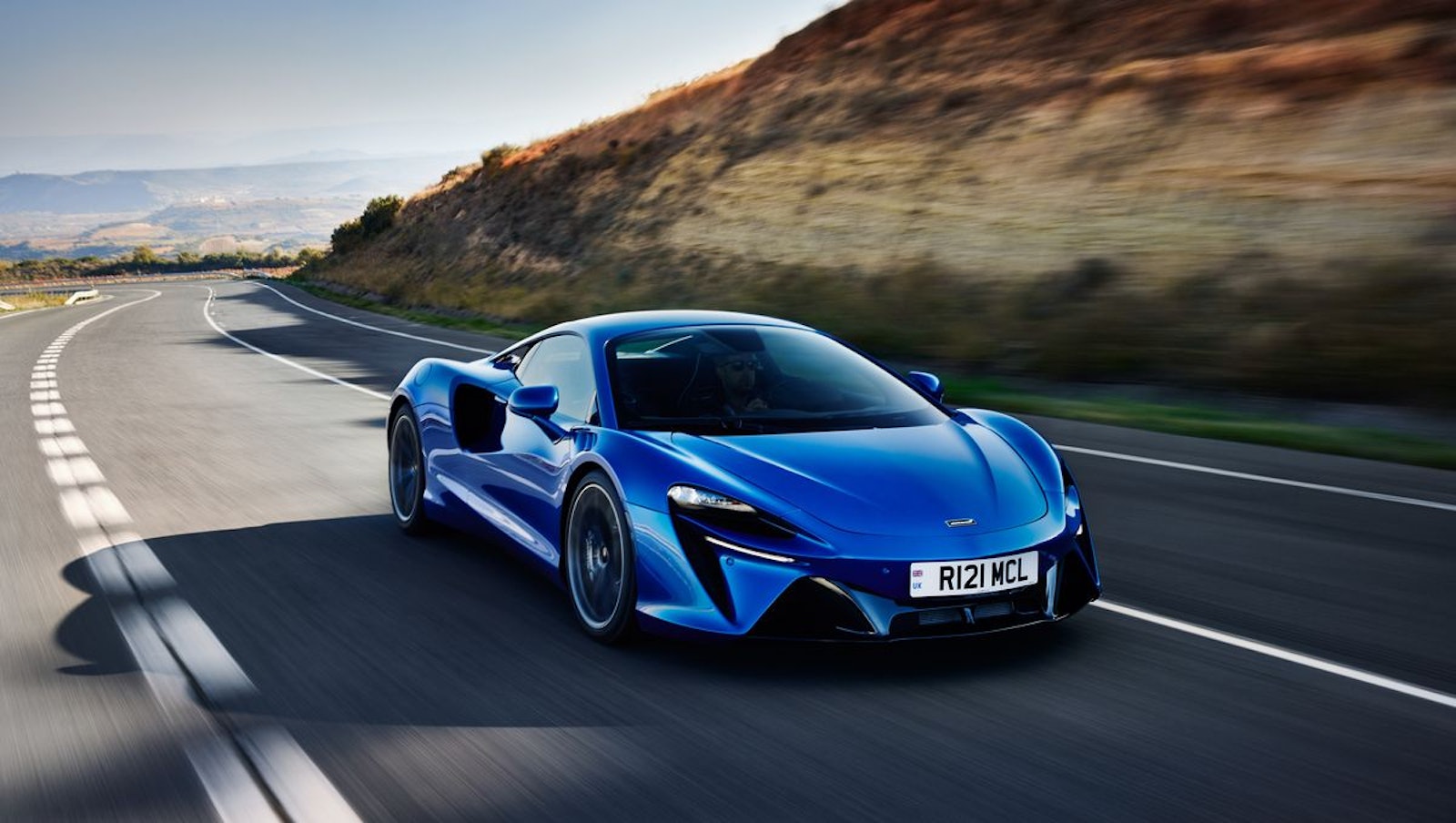

Whether you purchase a car through a Personal Contract Purchase (PCP), Hire Purchase (HP), Bank Loan or even buy it outright, the following information is applicable. We will cover owning the car personally and even leasing a vehicle later on.
If you choose to buy a car through your limited company, you’ll be able to claim tax relief through capital allowances. The amount you can claim, however, is dependent on the car’s CO2 emissions. The more CO2 released, the higher the tax you’ll need to pay.
The capital allowance rates for 2023-24 are as follows:
| Allowances | Tax Relief | CO2 Emissions |
| First-Year Allowance | 100% | 0 g/km |
| Written Down Allowance | 18% | Up to 50g/km |
| Special Rate Allowance | 6% | Above 50g/km |
As you can see, an electric car is a clear winner, as you can deduct the entire cost of the vehicle from your corporation tax profits in the year of purchase.
If you use methods that incur interest, such as Personal Contract Purchase (PCP), Hire Purchase (HP), or Bank Loan, then the interest element can also be deducted from your profit, therefore reducing your corporation tax.
If you are using the car for any private use, such as the commute to and from your regular place of work, you will need to pay a tax called Benefit-In-Kind (BIK). This is based on the value of the vehicle when it was new. The company will also need to pay Class 1A National Insurance.
This Benefit is then taxed as additional income on the Director/Employee through their Self-Assessment Tax Return. For example, if you purchased an electric vehicle for £60,000, the Benefit-In-Kind would be £1,200.00 (2%). This would then give rise to additional tax at 20%, 40% or 45%, respectively.
The Class 1A NICs are due based on the Benefit-In-Kind. In this example, the Class 1A NICs due on the £1,200 Benefit-In-Kind is £165.60 (13.8%).
In order to gain a better understanding of the taxes payable on your company car, have a look around and send them over to us so that we can complete a BIK calculation for you.
You can only claim the VAT back on the purchase of your car if it is solely for business purposes. You can, however, claim the running expenses of your car, such as insurance, road tax, maintenance, MOT serving and fuel. You may be subject to an additional tax called the Fuel Charge if your company pays for the fuel used for personal journeys.
Leasing a car is similar to buying a car through finance options or buying it outright. You still pay Benefit-In-Kind and Class 1A NICs if the vehicle is also used for personal journeys.
You are able to claim tax relief on the cost of the up-front lease payment and monthly lease payments.
If the car emits over 130g/km of CO2, you can only claim 85% of the lease, 50% of the VAT if used for personal journeys or 100% of the VAT if used solely for business purposes.
Again, you can claim the running expenses of your car, such as insurance, road tax, maintenance, MOT, serving and fuel. You may be subject to an additional tax called the Fuel Charge if your company pays for the fuel used for personal journeys.
If you were to purchase the car personally, through any methods you wish (HP, PCP, Lease, Loan, etc), then you can opt to claim a mileage allowance back from your company.
The mileage that you claim is fully deductible from your profits, and you are able to reimburse yourself for the business mileage you claim. The mileage rates are as follows:
| First 10,000 Miles | @ 45p |
| Over 10,000 Miles | @ 25p |
There are lots of different factors to consider when looking to purchase a car in the most tax-efficient way. If you would like a more detailed analysis of how purchasing a car in your limited company can help reduce your tax, let us know, and we can help.
Get started with a free consultation to find out how we can help.